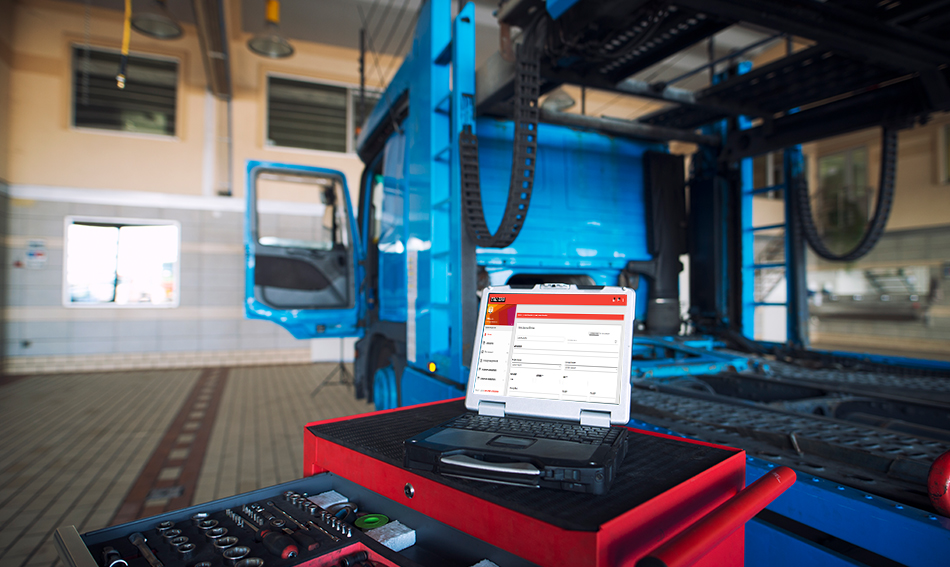
The Strategic Advantages of ERP for the Automobile Industry
The automobile sector must innovate rapidly on products and services while optimizing complex global supply chains facing fluctuating consumer demand. This necessity makes integrated IT infrastructure an imperative. Legacy systems with disjointed processes constrain visibility and responsiveness. Automotive firms can gain flexibility, efficiency, and insights via enterprise-wide coordination enabled by Enterprise Resource Planning (ERP) software solutions. ERP for the automobile industry provides the following benefits.
Unified Platform for Process Integration:
ERP systems consolidate all business processes onto a unified digital platform that spans management functions, plants, vendors, distribution channels, and dealerships. Breaking existing processes and information silos provides comprehensive visibility. Flexible architectures allow customization to automobile industry needs. The unified data models, consistent KPIs, and top-down visibility offered by ERP for the automobile industry empower teams across the product development, manufacturing, and distribution value chain. Breaking disconnected information silos gives leadership reliable analytics to drive both operational and strategic decisions using a single source of truth. Supply chain networks spanning numerous global supplier tiers gain transparency for logistics enhancements.
Supply Chain Optimization:
ERP for the automobile industry facilitates coordinating the extensive supply and distribution networks in automobiles comprising numerous supplier tiers, partners, logistics providers, and dealerships. This enhances inventory management, logistics planning, and overall working capital cycles.
Data Analytics for Informed Decisions:
Inbuilt analytics in ERP software uncover trends from historical consolidated data at company and plant levels to reveal inefficiencies and improvement areas. These analytics aid both short-term production decisions and long-term strategic choices.
Enabling Cost Optimization:
Integrated architecture drastically lowers IT infrastructure needs. Streamlined processes reduce headcounts and administrative expenses. ERP analytics allows for the optimization of manufacturing, inventory, and logistics costs. The savings get reinvested in core automobile research.
Support for Innovations:
Responding faster to market dynamics, launch reconfigurations, and pivoting supply chains requires flexible IT backbones as innovated by automobile firms – abilities augmented by ERP adoption.
Challenges Faced by the Automobile Industry:
Here are some of the challenges faced by the automobile industry incorporating ERP software.
- Dynamic consumer preferences and short product life cycles
- High R&D costs for innovations like electric, autonomous, and connected vehicles
- Complex multi-tiered supply chains vulnerable to disruptions
- Siloed information across product development, manufacturing, and sales functions
Conclusion:
As the automotive sector experiences rapid transformations in connectivity, electrification, and autonomous functionality, nimble flexibility is vital while optimizing complex supply webs. Legacy IT systems severely constrain responsiveness for players dazzled by the pace of change. ERP for the automobile industry provides the fundamental process scaffolding for automotive enterprises to build innovations upon while extracting enterprise-wide efficiency.
Fundamentally, ERP adoption enables automotive firms to focus resources on customer-centric innovation rather than the maintenance of fragmented IT systems. The savings from coordinated enterprise platforms get redirected to pushing boundaries in sleeker autonomous driving functionality and connected vehicle experiences. As concepts like mobility-as-a-service reshape market offerings, the backbone for flexible R&D provided by integrated ERP systems becomes pivotal. Automotive leaders who postpone evaluating ERP capabilities risk losing pace to the winds of change. However, those leveraging unified infrastructures can churn ideas faster into production and tap new opportunities with velocity. For an industry where agility spells success, ERP’s potential remains invaluable. CherryBerry ERP can provide you with all the information you need.
